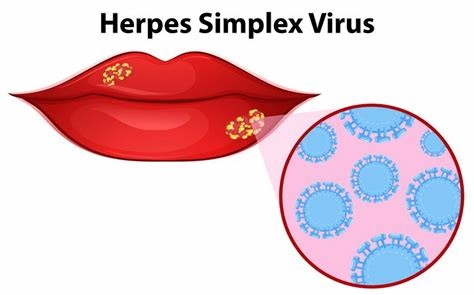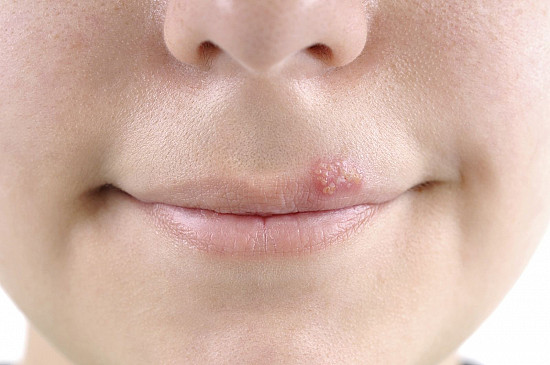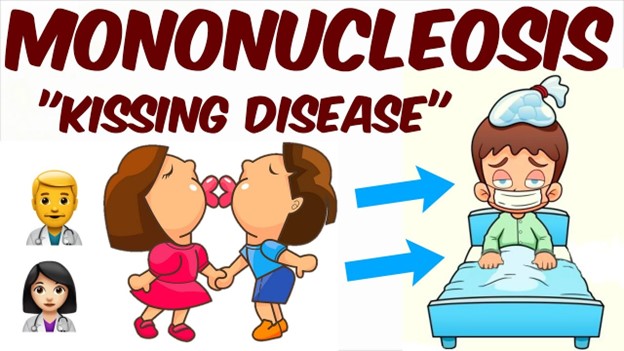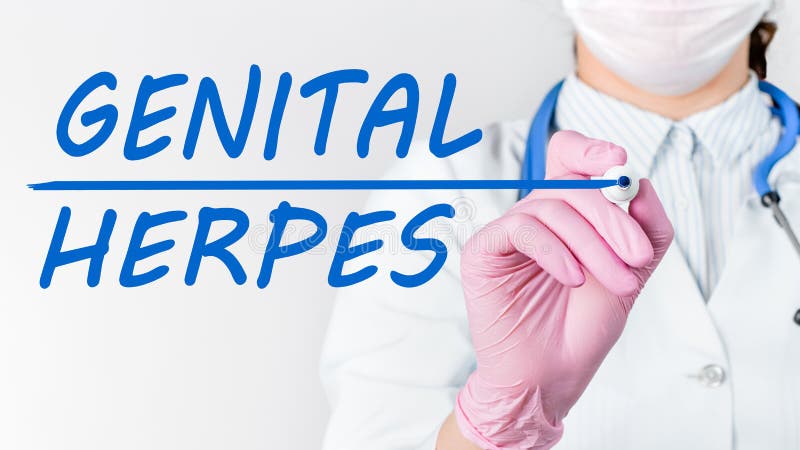Oral herpes is a lesion of the oral mucosa caused by infection with herpes simplex virus type 1 HSV-1 or herpes simplex labialis and herpes simplex virus type 2 HSV-2. While HSV 1 is responsible for oral herpes, HSV 2 can cause lesions in the oral cavity as well as in the genital area. Both types of viruses are spread through direct contact with a sick person even if there are no visible lesions.
The World Health Organization says that oral herpes caused by HSV 1 is an infection found in more than 67% of the world’s population under the age of 50. After initial infection, the virus remains dormant in the peripheral nervous system and can occasionally cause lesions to reappear, especially during periods of declining immune status.
Causes of cold sores
Herpetic lesions of the oral mucosa are caused by herpes virus type 1 and less commonly by HSV type 2, which is more commonly involved in genital infections and is transmitted through intimate contact with infected sexual partners. HSV primary infection usually occurs in childhood and has an asymptomatic course or in some cases can lead to gingivostomatitis characterized by the appearance of vesicles accompanied by ulcerations in the oral and perioral areas.
The factors that favor the recurrence of oral herpes are represented by:
- Viral infections or febrile syndromes of various etiologies
- Hormonal fluctuations, especially in women of reproductive age
- Major stress factors
- Chronic fatigue
- Exposure to sunlight
- Dermabrasive cosmetic procedures used to fade scar tissue
- Skin lesions
- Decreased ability of the body to defend itself
The major risk factors involved in the unfavorable evolution of HSV 1 and 2 infections are co-infections with human immunodeficiency virus HIV/AIDS, atopic dermatitis, and chemotherapeutic or immune-suppressive oncological treatments administered to organ transplant patients to prevent graft rejection.
Herpes is contagious

Both strains of herpes simplex involved in the etiology of oral herpes can easily be transmitted human-to-human through kissing or oral intimacy, even when the affected person has no clinical manifestations. Another way of spreading HSV 1 is through the shared use of shavers, towels or improperly sanitized tableware and dishes.
The virus is found in increased amounts in the secretions contained in the blisters (vesicles) of the lips, but there are frequent situations where the infection evolves asymptomatically, but the contagiousness is equally high.
After initial infection, the virus remains dormant in the body in nerve cells and can reactivate under favorable conditions, causing new lesions to appear.
Contagiousness of oral herpes precedes the appearance of lesions and usually begins in the prodromal period with itching, pain or burning felt in the lip, in the area where the blisters will form, followed the next day by the appearance of painful blisters. The period of contagiousness extends throughout the evolution of the oral lesions and can last in certain situations for more than 10 days.
It is important to note that transmission of cold sores to infants through kissing can lead to neonatal herpes, a condition with a high risk of unfavorable outcomes at this age.
Herpes treatment
Spontaneous evolution of cold sores is favorable with the disappearance of lesions within 1 month of appearance. Antiviral medication that can speed up the healing process by shortening the period of evolution of the infection is represented by antivirals that can be administered either orally in the form of tablets or externally in the form of topical topicals – acyclovir, penciclovir.
Antiviral ointments usually require repeated application during the day (5 applications per day), their effects being weaker than the oral version of administration of the active substance.
For severe herpes simplex infections in infants under 6 weeks of age or adults with immunocompromised or suppressed immune systems, oral antivirals are recommended.
If a person has more than 9 oral herpes simplex virus rashes in a year, he/she may benefit from prolonged treatment with oral antivirals – acyclovir, valacyclovir, famciclovir – to prevent complications or rashes caused by certain triggers (sun exposure, surgery, premenstrual period).
Symptomatic treatment includes anti-inflammatories and topical anesthetics to relieve the pain caused by the rash and the evolution of lip blisters.
A visit to the doctor in case of HSV 1 infection is recommended in the following situations:
- Local infection is severe
- Lesions extend to the eye
- Blisters prevent the patient from eating and hydrating
- The infection occurs in infants younger than 6 weeks of age
How long does it take to cure oral herpes?
The evolution of herpes simplex labialis infection includes the following stages:
- The prodromal phase is characterized by itching, burning or pain, accompanied by erythema on the lips, preceding the appearance of blisters
- Appearance of the vesicular rash on the lips or perioral tegument
- Breakage of blisters with release of fluid
- Appearance of crusts 4-6 days after blistering
- Healing of the lesions within 4 weeks after the appearance of the blisters.
- After the appearance of painful blisters on the lips, oral mucosa or gums, the clinical manifestations of oral herpes continue with their rupture and the formation of erythematous lesions covered or not by crusts, depending on the location. In most cases, oral herpes has a duration of evolution between 7 and 14 days, the recurrent clinical manifestations being determined by the reactivation of the virus under certain favorable conditions
Can herpes be prevented?
Herpes can be prevented by:
- Avoiding direct contact with an infected person who has blisters in or around the mouth until the lesions disappear
- Avoiding the shared use of personal items (towels, razors), cutlery and dishes
- Maintain rigorous hand hygiene, especially before contact with newborns
- Avoiding blister trauma to prevent self-inoculation and spread of viral infection to other areas of the body
- Applying high sun protection creams when recurrence of oral herpes is due to exposure to UV radiation
If you or your child have worrying symptoms, see your doctor for a specialist consultation.
Prevention and monitoring of medical conditions reduce the risk of complications and aggressive or inappropriate treatment.
Learn More:
- Update on Oral Herpes Virus Infections: https://www.sciencedirect.com/science/article/abs/pii/S0011853213001304


